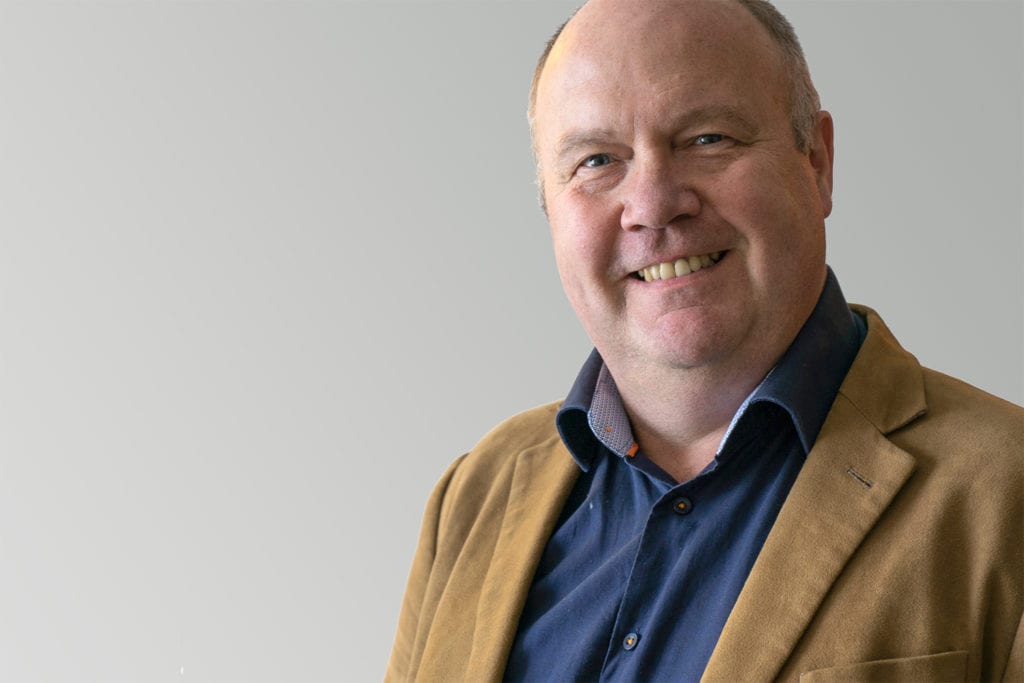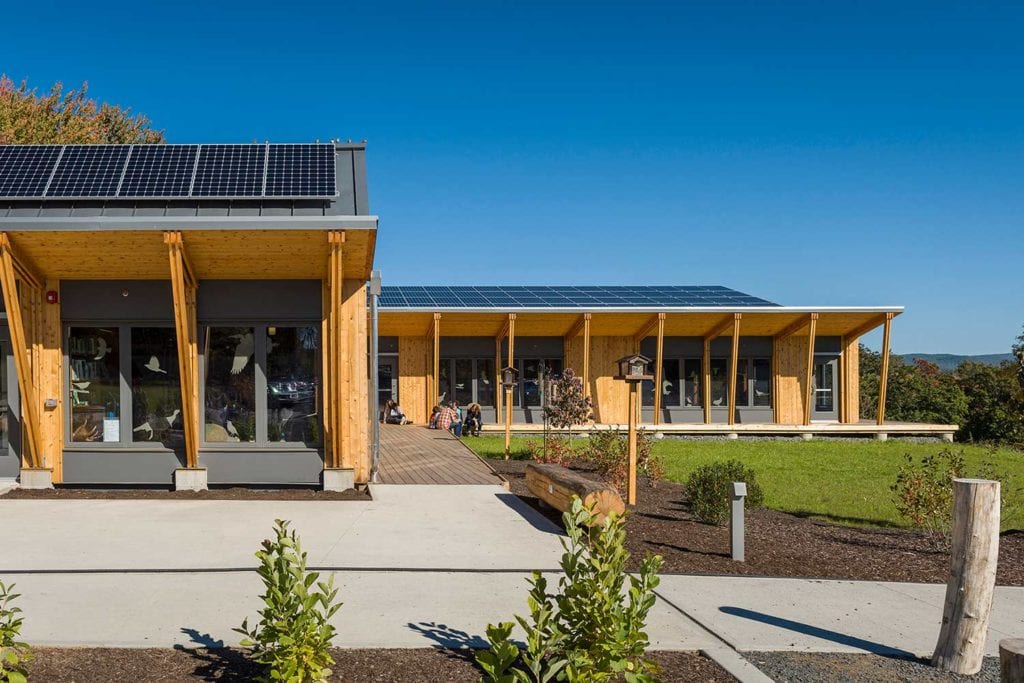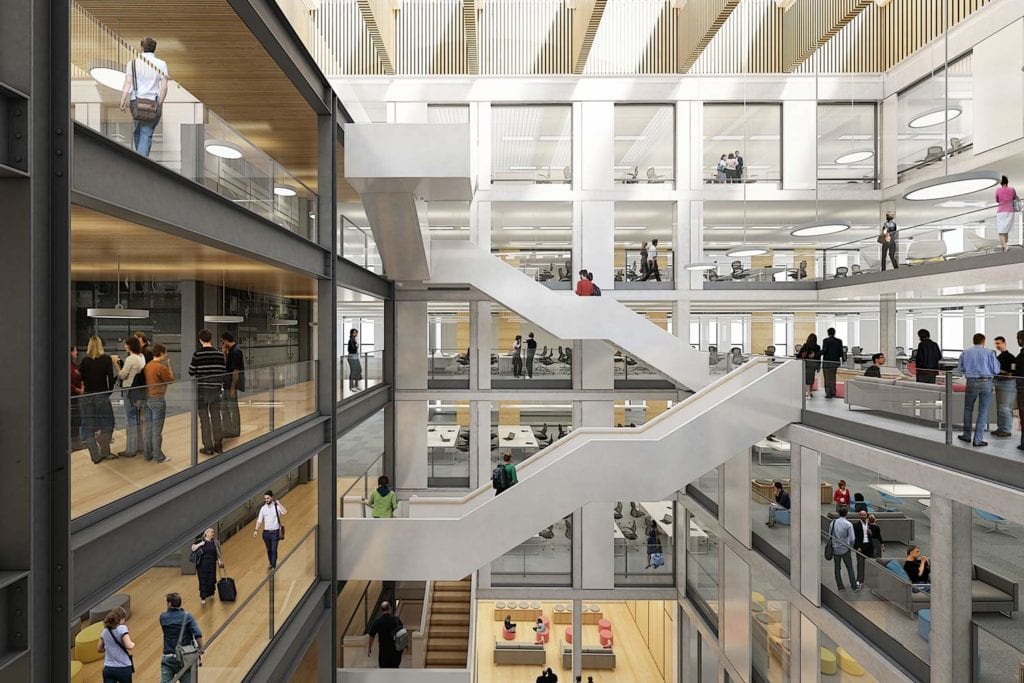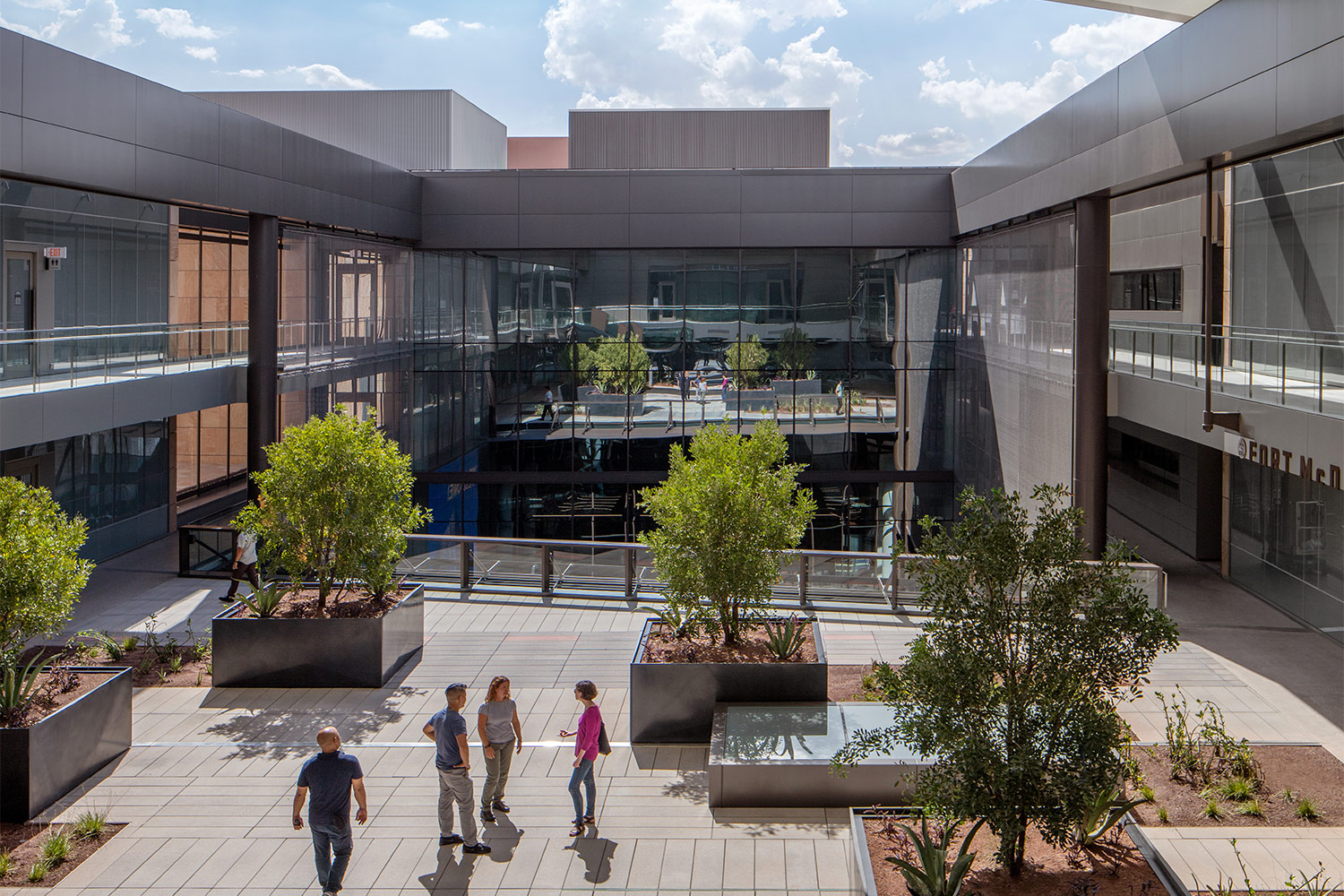
Buro Happold rethinks the way UK universities work
Buro Happold is researching the role university estates play in the business of higher education and the academic experience. Our ongoing study gathers together the views of vice chancellors, estate professionals and students to uncover and address a number of key topics.
Over three white papers, we explore the key issues facing UK universities in the changing global education landscape. In the course of our discussion, we aim to highlight simple, cost effective improvements that can be made to university estates to enhance learning environments and the student experience – so that UK institutions can hold on to their position at the top of a highly competitive market.

The answers, and there are more than one, may surprise you. We probably need to start by reframing the idea of what we as engineers do.
In recent times we have moved out, like a zoom lens opening up, to go from focused interests and disciplines such as structural building design, through to the masterplanning and development of campuses and urban developments. And from there onward, to the layouts of entire cities, knitting buildings, infrastructure, transport and commerce together like a complex, interwoven puzzle.
Next, a whole other dimension overlays our work and our thinking. These include for one, ‘people-centred’ design issues, which consider the human experience and societal impact. Then there are environment considerations, commercial sustainability, and ever-advancing technologies that change our behaviours. Link all of these together and you can understand why we might believe that the area of campus design needs deeper intelligence. And we are delighted to say that the learning curve we have travelled in our studies has revealed a raft of fresh insights which we are sharing in a three part series.
Secondly, we have a profound belief in the importance of education in developing anything. At Buro Happold we have access to all of the products of a University – research, interns, graduates, and we also teach design in some of the world’s best universities.
We have worked with more than 100 universities and 9 of the top ten globally, which has fuelled our thirst to understand what happens beneath the surface.
As a result, the insights from our study have the potential to positively change campus life. Not just for students, but all stakeholders and can involve exploring new business models for greater financial sustainability, new technologies, collaboration strategies and understanding the attractiveness of an institution’s ‘total offer’.
For example, there is the opportunity to optimise the functional aspects of campuses and their buildings and spaces because estates are complex, and could work so much better. We have deep experience here.
Or the ability to design environments which create a new heart to a campus and enhance the reputation and university’s …student expectations are sophisticated and perhaps not what one would expect. Again, our practice experience speaks to this.
As the owners of probing and creative minds, engineers are connectors, so in our work we are looking for optimal outcomes in everything we do. We have learnt a lot from this exercise and I hope you do too.
Roger.
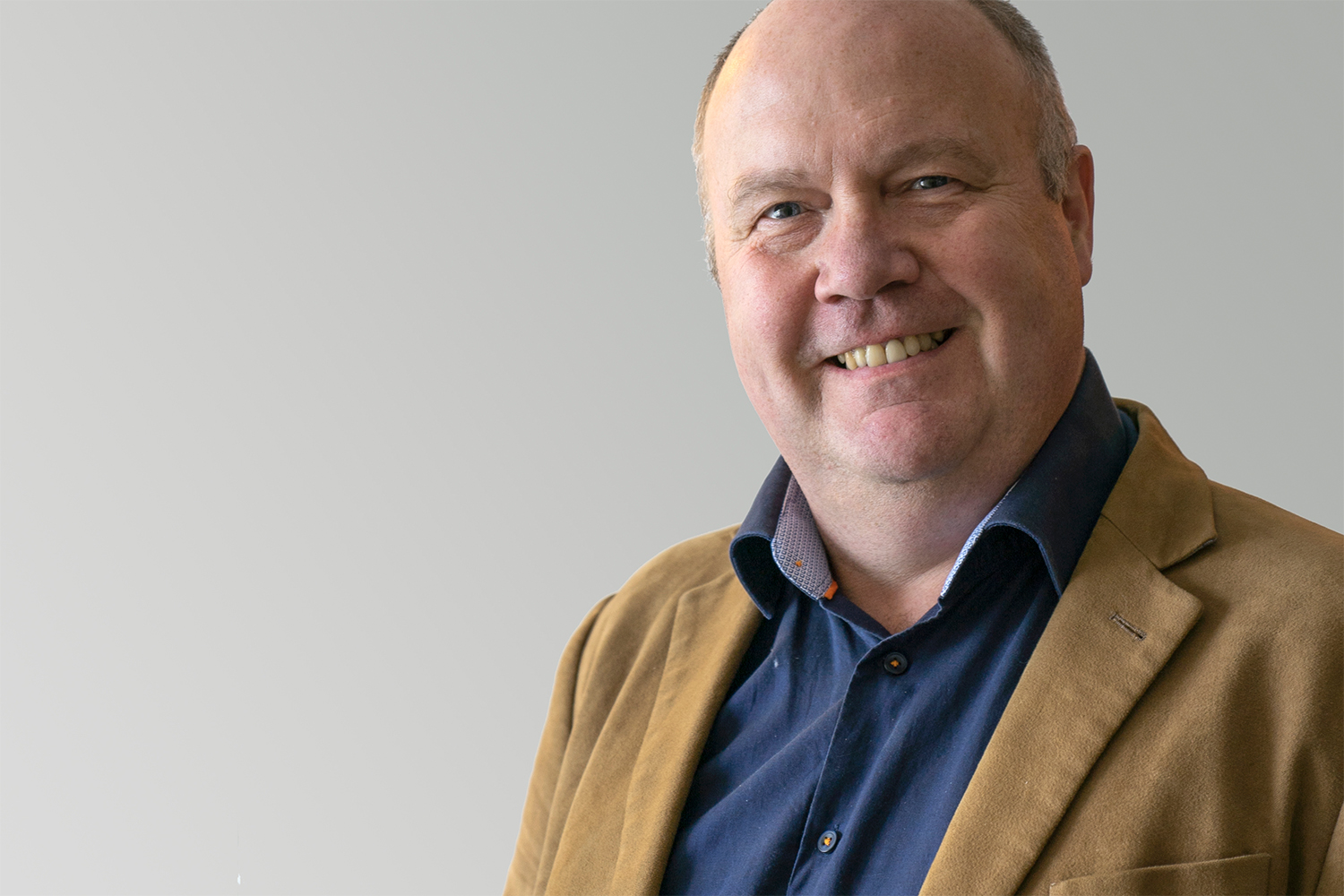
Higher Education is becoming increasingly globalised, with students and academics seeking the best places to learn, develop, research, and teach. Disruptors such as the focus on the Student Experience, Brexit, the ever increasing use of technology and the election of Donald Trump mean that Universities need more than ever before to understand where they fit both nationally and globally and to ensure that they are fit for the future.
With over a hundred universities across the globe in our portfolio, higher education is a key sector to Buro Happold. To increase our knowledge of what our clients need, we have been undertaking a significant piece of research into the perceptions of and demands on higher education estates across the globe, with an ongoing programme which collates opinions of current and past students (both undergraduate and postgraduate), Estates Directors and senior decision makers such as Vice Chancellors. Initially focusing on universities in the UK and continental Europe, we are now gathering information from North America and Asia.
In the student portion of the study –the most comprehensive of its kind – we have heard from over 1,500 students so far. They have shared with us their views on topics ranging from the design, function, characteristics and environmental performance of the university estate, and how these affect their experience as students and their choice of University.
We have also asked students about the importance of league tables, the specific characteristics of the estate that attracted them to study at the institution, and how they would improve the estate. Interviews with senior University management have provided invaluable insights into how they are using their estates to enhance their research and teaching, improve resilience, enable innovation, and attract the best students and staff.
Sifting through almost 30,000 pieces of data, we noticed a number of emerging trends. Choosing to cluster the trends into narratives, we have produced a small collection of insight papers:
- Universities Challenged: Rethinking the way our academic institutions work,
- Keeping UK universities in the premier league and,
- How internal environments of the university estate maximise learning and research outcomes
We will be adding to these papers as our ongoing study develops, and are always looking to gather more data, including from countries with emerging university sectors and from research and teaching staff. It will be fascinating to see how different users in different countries perceive their physical environment and articulate their requirements.
Mike.
Get the summary

Main outcomes of UK Higher Education research
What are the main issues facing Higher Education decision makers? In our summary document, we precise the six most pressing issues currently facing Higher Education in the UK.
The Whitepapers

The intelligent campus
Are universities meeting the changing needs of students and staff? Our first paper examines how estate professionals can better understand the way university buildings are used, and identifies the technologies capable of creating an intelligent campus that can respond and adapt to the needs of its users.

Learning curve
Is there a relationship between surroundings and performance? This paper reveals how factors such as background noise, insufficient daylight and poor ventilation can have a marked negative effect on learning capabilities, and offers solutions that are straightforward to implement.

Maintaining the top spot
How can UK universities respond to the challenges of an increasingly competitive market? Our final paper examines the changes taking place in the national and international academic sector, and looks to the university estate as a means of both attracting students and aligning their priorities with those of higher education leaders.
All the white paper’s are available free on request, download the summary paper and we’ll be in-touch
